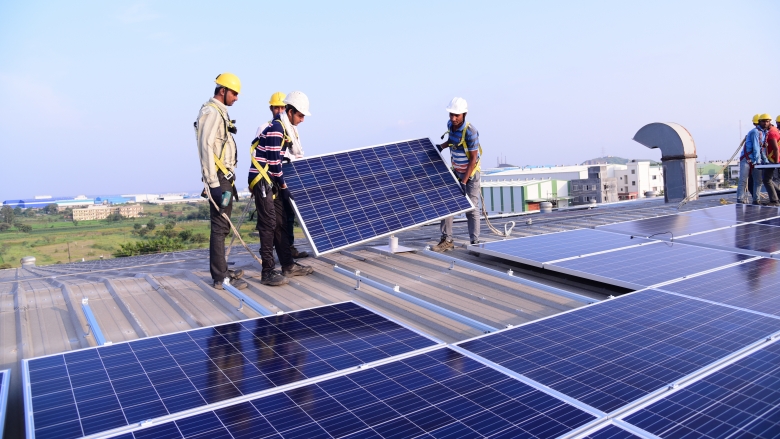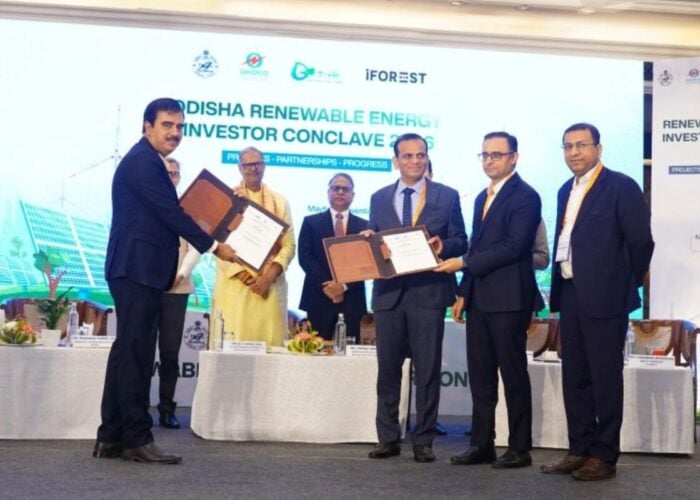
India’s residential rooftop solar potential could reach 32GW with subsidy from the Ministry of New and Renewable Energy (MNRE), according to the Council on Energy, Environment and Water (CEEW) .
Indian policy research institute CEEW’s study Mapping India’s Residential Rooftop Solar Potential stated that there is about 118GW of economic potential in residential rooftop solar in India with a condition of restricting rooftop solar size to meet households’ electricity demand.
Try Premium for just $1
- Full premium access for the first month at only $1
- Converts to an annual rate after 30 days unless cancelled
- Cancel anytime during the trial period
Premium Benefits
- Expert industry analysis and interviews
- Digital access to PV Tech Power journal
- Exclusive event discounts
Or get the full Premium subscription right away
Or continue reading this article for free
However, based on consumer willingness to pay and payback in a five-year period, the market potential in residential solar reduced to about 11GW with no capital subsidy considered.
This is because most residential consumers have a relatively low level of electricity consumption, meaning that solar may not be economically feasible for them without financial support even though it is technically possible.
CEEW added that the market potential could increase to 32GW with the MNRE’s capital subsidy. MNRE announced in 2022 that it offered a capital subsidy of INR14,558 (US$175.12) per kW for the 1-3kW rooftop solar category under the MNRE Phase II Rooftop Solar scheme.
By extending the payback period to eight years, the potential of residential rooftop solar in India could even rise to 68GW, as more households are able to recover the investment cost over a longer timeframe, even with low electricity consumption.
Currently, India has installed 11GW of rooftop solar capacity including commercial and residential installs, of which only 2.7 GW is in the residential sector.
“India’s solar energy revolution – going from 2GW of solar power capacity in 2010 to 72GW now – must reach households too to reach its full potential. But to get there, residents must get the right price and attractive incentives and enjoy a convenient experience,” said Arunabha Ghosh, CEO of CEEW.
To further increase the adoption of residential rooftop solar, CEEW suggested the introduction of targeted capital subsidies, particularly for rooftop solar systems of size 0-3 kW. Also, the government could recognise rooftop solar systems of less than 1kW both in policies and regulations. CEEW added that this category boasts significant potential in residential rooftop solar.
Additionally, regarding the willingness to install rooftop solar systems, residential consumers in Gujarat showed the highest willingness at 13%, compared to the national average of just 5%. However, residents across states perceived rooftop solar systems to be costly investments, impacting their willingness to pay.
Countries from across the globe are installing more rooftop solar. PV Tech reported that rooftop installations across the world accounted for 49.5% – 118GW – of new capacity in 2022. According to European solar trade body SolarPower Europe, the rooftop sector worldwide will reach 268GW by 2027, more than the total solar market size in 2022.






